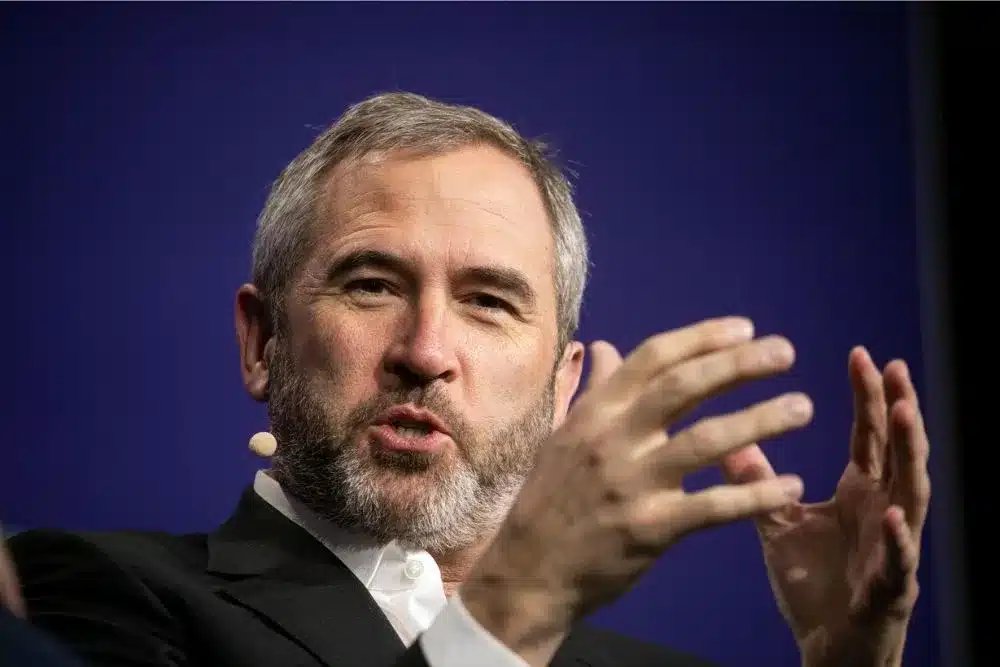Deutsche Bank’s Bold Prediction: Bitcoin and Gold to Dominate Central Bank Reserves by 2030

- Deutsche Bank researchers project that Bitcoin and gold could both sit on central bank balance sheets by 2030.
- Gold demand from central banks hit record highs in 2025, while Bitcoin surged past $123,500 in August.
- A US Bitcoin Reserve initiative may reshape global reserve strategies, echoing gold’s historical role.
Deutsche Bank’s latest research suggests that Bitcoin and gold may no longer be rivals but partners on central bank balance sheets before the decade closes. Both assets have performed strongly in 2025, benefiting from a weakening dollar, trade tensions, and political uncertainty.
The gold prices scaled a record high of $3,703 an ounce during the preceding week, and central bank surveys suggest that 95% of them predict further gold reserve increases in the forthcoming year.

Bitcoin’s speed has also been notable. Having crossed $109,000 in January, the currency achieved a record high of $123,500 last August despite the falling volatility hitting record lows. The cryptocurrency now stabilizes between $113,000 and $118,000, with Deutsche Bank projecting the price rising back up towards $120,000 by the close of the year.
Gold’s Role Challenged as Bitcoin Enters Central Bank Debate
The US dollar long controlled central bank reserves, but the contribution has decreased from 60% in the year 2000 to 43% in the year 2024. The gap had all the while been filled by gold, but the year 2025 witnessed the beginning of a new controversy.

This February, the Trump administration announced plans for the creation of a US Bitcoin Reserve from recovered Bitcoin totalling 207,000, with a bill authorising the purchase of another up to 1 million. The programme entails a 20-year holding time, which would rank Bitcoin as a possible equivalent of America’s gold reserve of 8,133 tonnes.
These milestones reflect rising legitimacy for Bitcoin. The currency today contains over $2.3 trillion worth, controls 56% of the crypto market, and makes nearly half a million transactions a day. The argument for it as a dollar dependence, inflation, and capital control hedge exists; the majority argue, particularly for developing nations.
Bitcoin Shares Scarcity, Liquidity, and Independence With Gold
The Deutsche Bank study makes historical comparisons between Bitcoin and gold. The journey of gold to becoming a reserve currency involved volatility, but it emerged as a safe bet by the turn of the 20th century for governments.

Bitcoin, though younger, maintains all the attributes of gold: scarcity, liquidity, and liberation from counterparties. The advantages of storability and transportability also favor future use.
By 2030, Bitcoin and gold would coexist as complementary reserves, researchers predict.
As much as skeptics identify potential for risk from cyberattacks, speculation, and liquidity limits, the long-run forecast indicates central banks would come to rely on both assets as a means of diversifying reserves against geopolitical shocks and inflation.
Related reading: Bitcoin Price Outlook: Stability, Powell’s Comments, and Q4 Breakout Hopes
You May Also Like

Ripple CEO: “SWIFT Created a Monster by Pushing Us Out” – XRP Army Reacts

Central Bank of Ireland Fines Coinbase $24.6M for Anti-Money Laundering Failures
